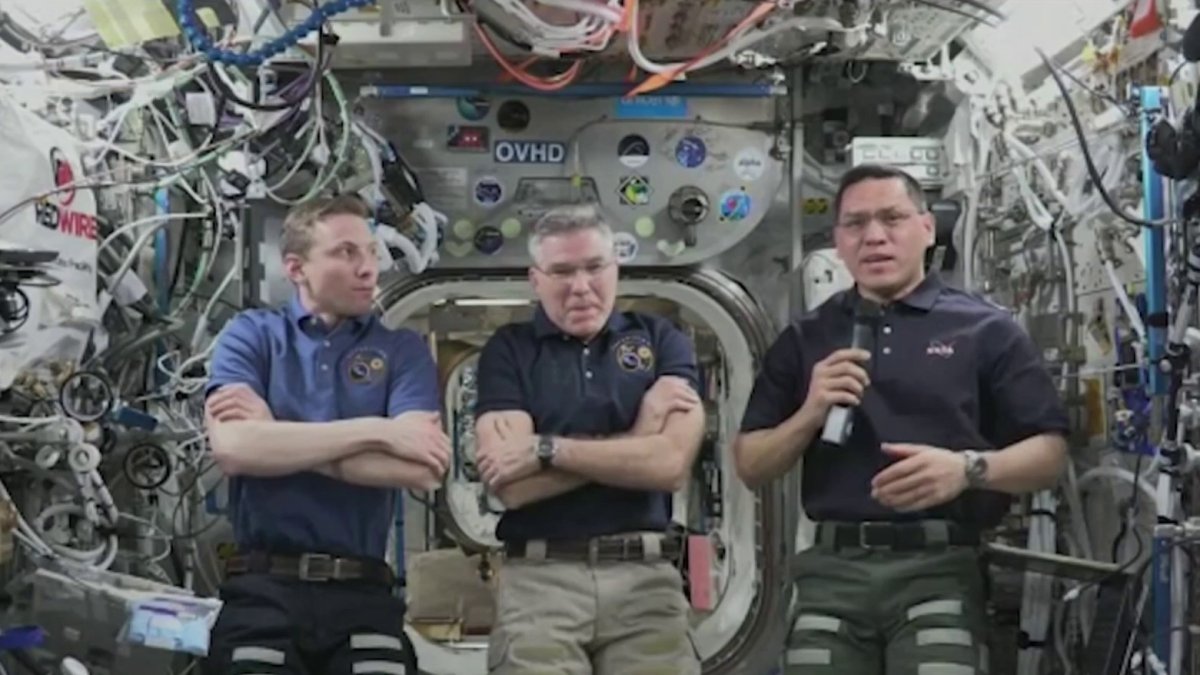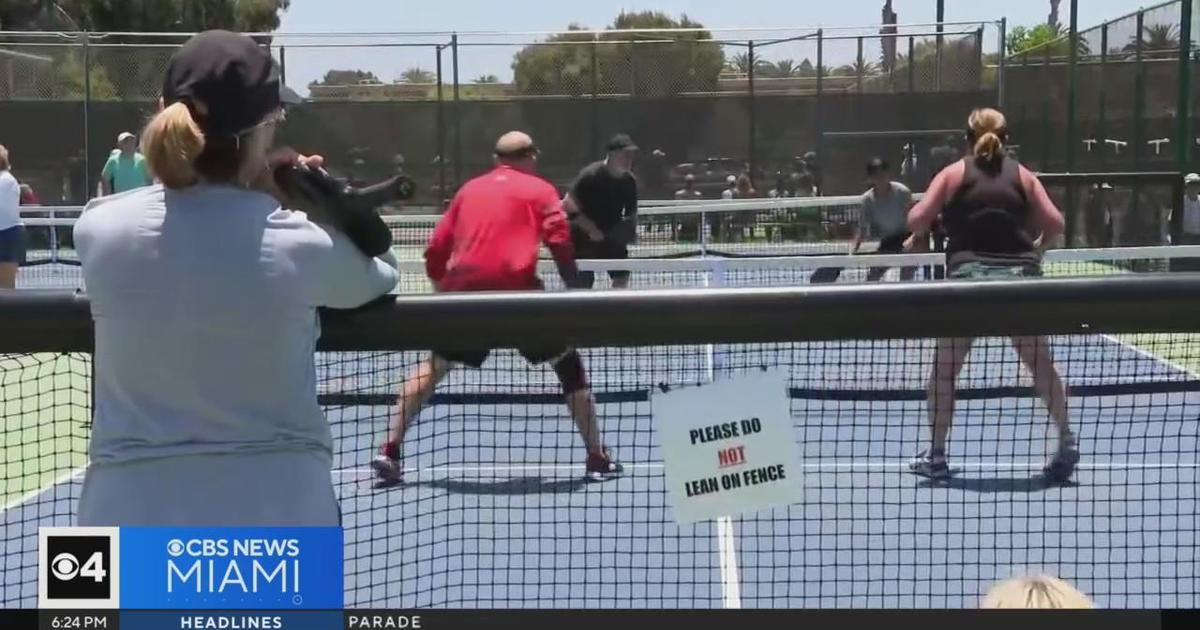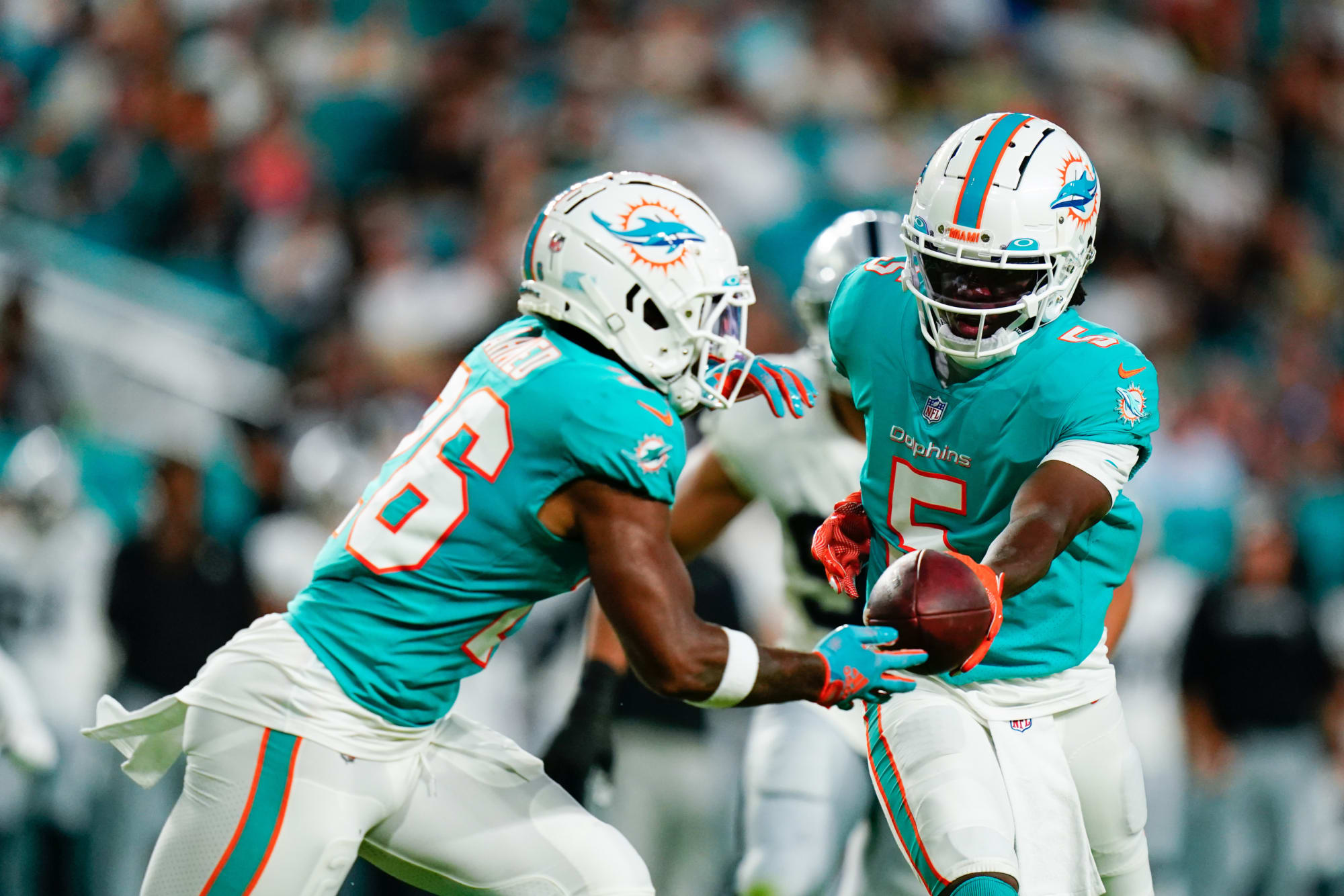Miami astronaut joins Expedition 67 crew, shares what it takes to live in space – NBC 6 South Florida

It may not be rocket science, but it does take several adjustments for someone to live at the International Space Station (ISS).
After traveling over 17,000 mph, the crew from Expedition 67 spoke to NBC6 to discuss what it takes to be an astronaut, and a hometown hero was aboard the mission.
“It’s an honor to represent Miami, our community, and really our entire nation up here as a crew,” said Frank Rubio.
A Miami native, Rubio arrived at the ISS in September of 2022 and will spend a year orbiting the planet Earth. He told NBC6 it took two years to prepare to live in microgravity.
“We spend a lot of time studying and learning new things,” Rubio said. “When I first showed up to NASA, I had no idea what aerospace engineering even meant. But learning all about orbits, and what it’s like to fly to space, and all the math associated with that was really a lot of fun.”
Astronaut Warren Hoburg said that every astronaut learns all the ins and outs of the spacecraft in addition to the mission responsibilities they complete.
“We’re space electricians, we’re space plumbers, we’re constantly rearranging stowage, we’re getting outside to do space walks every once in a while, we’re doing scientific research, spending time in glove boxes,” Hoburg said. “It’s actually really fun getting trained on all of those different areas that we contribute to.”
For Astronaut Stephen Bowen, this is his fourth mission on the ISS. He arrived in March 2023 and is expected to stay aboard for six months.
“Having the opportunity to spend a long time and really get to live onboard the station has been really very exciting for me,” Bowen said. “I’m glad I’m enjoying it and I’m glad I’ve got an incredible crew to share it with.”
And because they live in such close quarters together, they have really gotten to know each other quite well.
“Many people are surprised to learn that we actually drink a recycled version of our own urine,” Hoburg said. “The water acclimation system up here when we urinate, the urine goes through a system of filters, and a reverse osmosis process and ultimately gets recycled into clean drinking water with over 90% efficiency. It actually tastes absolutely delicious.”
The astronauts are learning something new every day and being continuously open to learning is a crucial part of being successful in space.
“I think really the key is just find something that you love, that you have a passion for, and do your best at that,” Warren said. “That and always learning how to become a lifelong learner.”


